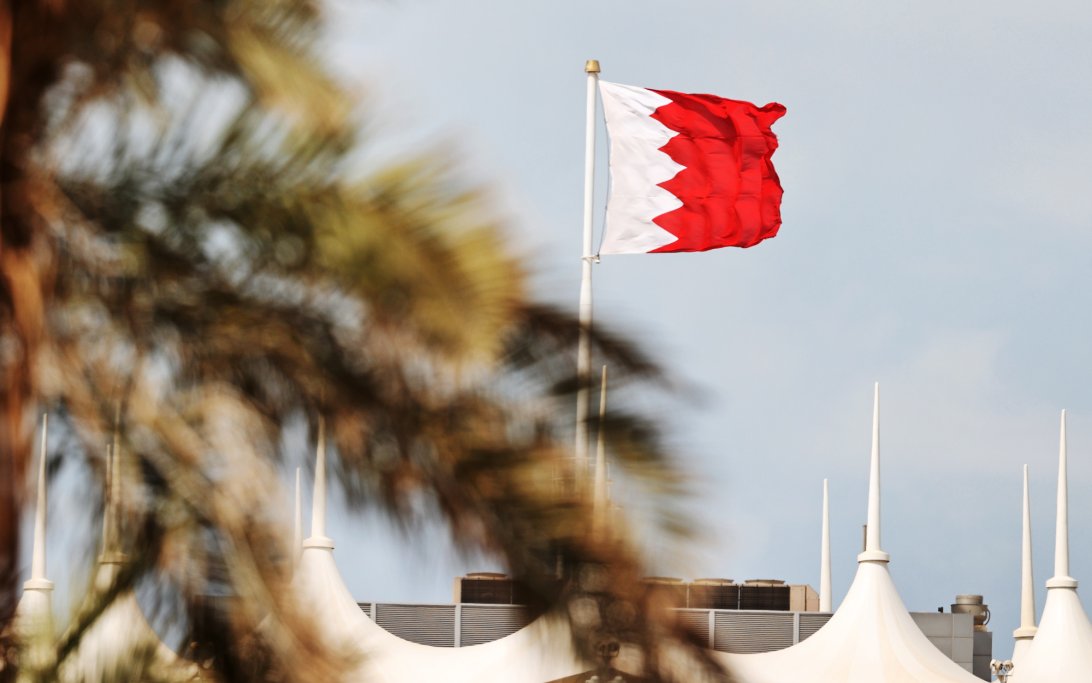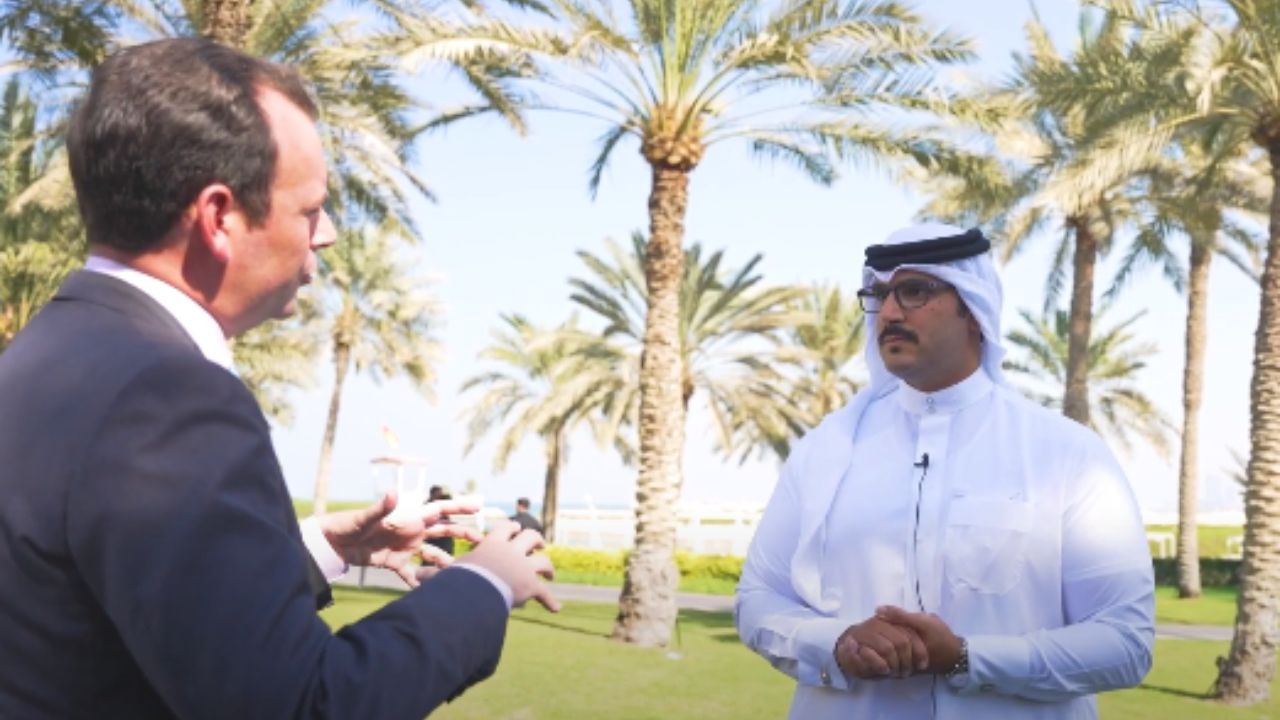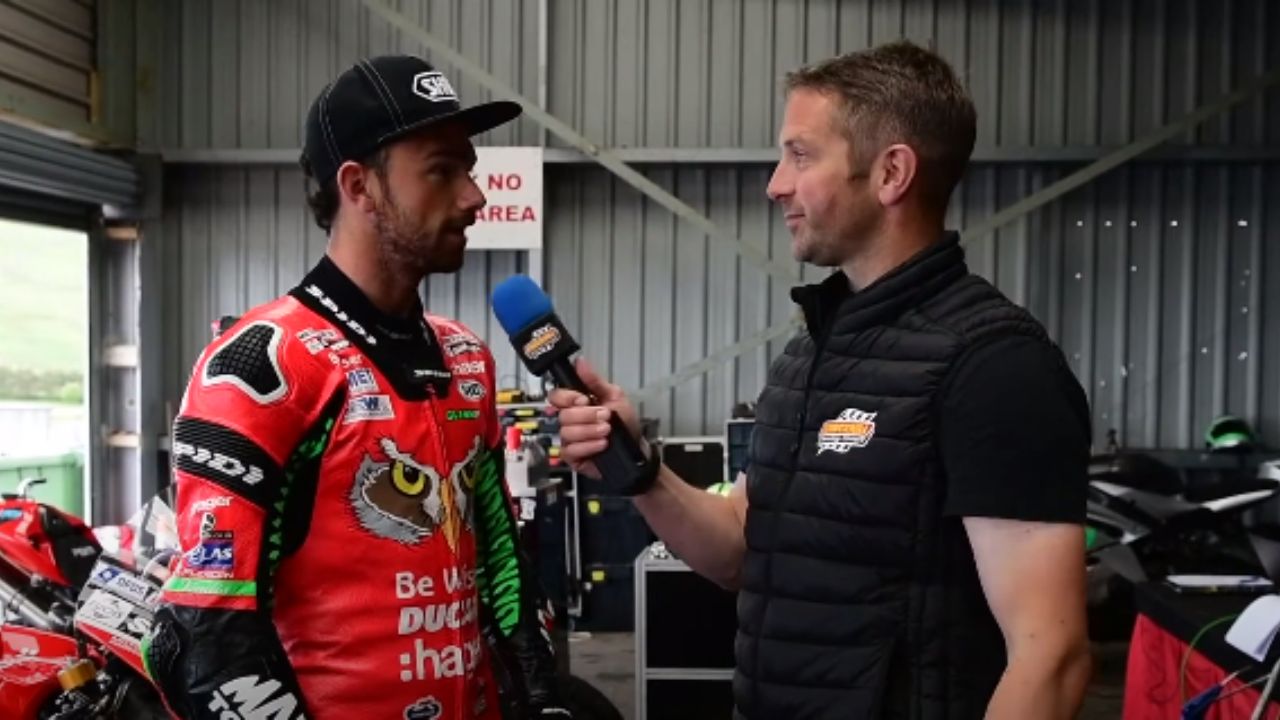Despite the Middle East’s growing presence in the world of motorsport, Formula 1 has yet to see a driver from the region compete at its highest level. Bahrain Grand Prix CEO Sheikh Salman bin Isa al-Khalifa sheds light on the challenges hindering Middle Eastern drivers from breaking into high-level motorsport categories, while expressing optimism about the region’s future prospects in the sport.
Building Momentum:
Over the past two decades, the Middle East has made significant strides in establishing itself within the Formula 1 circuit, with Bahrain hosting the first Middle Eastern Grand Prix in 2004. Subsequently, Abu Dhabi joined the roster in 2009, followed by Saudi Arabia and Qatar hosting their inaugural races in 2021. Despite these achievements, the region has yet to produce an F1 driver, and its representation in Formula 2 and Formula 3 remains absent this year.

Challenges on the Journey:
In an exclusive interview with RacingNews365, Sheikh Salman candidly attributes the region’s ongoing struggle to break into Formula 1 to the dominance of European drivers. He emphasizes the stark contrast in numbers, citing the overwhelming presence of European karting talent compared to the relatively fewer karting participants in the Middle East. With a significantly smaller pool of aspiring drivers, Middle Eastern talents face an uphill battle to compete against their European counterparts, hindering their progression through the ranks of motorsport.
Sheikh Salman delves deeper into the root causes of this discrepancy, pointing to the historical and cultural differences that have shaped the motorsport landscape in each region. While motorsport enjoys a rich heritage and widespread support across Europe, the Middle East is still navigating its way through the intricacies of nurturing racing talent. Limited access to karting facilities, fewer grassroots development programs, and a less mature motorsport infrastructure contribute to the challenges faced by aspiring drivers in the region.
However, Sheikh Salman remains steadfast in his belief that these obstacles are not insurmountable. He sees a glimmer of hope in the growing interest and investment in motorsport across the Middle East, with governments and private entities alike recognizing the potential of the sport as a driver of economic growth and national pride. By leveraging these newfound opportunities and fostering collaborations with established motorsport entities, Sheikh Salman envisions a future where Middle Eastern drivers can rise to prominence on the global stage, challenging the status quo and inspiring a new generation of motorsport enthusiasts across the region.
Setting the Stage for Success:
Despite the challenges, Sheikh Salman remains optimistic about the region’s potential to produce Formula 1 drivers. He highlights initiatives such as the F1 Academy, an all-female racing series, as a step in the right direction. Sisters Amna Al Qubaisi and Hamda Al Qubaisi, racing under a United Arab Emirates license, will compete for MP Motorsport this year, alongside Reema Juffali, who will participate in the opening round of the new season in Saudi Arabia.
Adapting to Change:
Sheikh Salman acknowledges that the region is still adapting to the measures required to nurture successful drivers. While motorsport sponsorship and talent development are more established practices in Europe, the Middle East is in the early stages of embracing these concepts. However, Sheikh Salman sees promising signs of progress, with the emergence of local karting teams and increased awareness about the pathways to professional racing. He remains optimistic about the region’s potential to cultivate world-class talent, emphasizing the importance of continued investment and support to accelerate the development of the motorsport ecosystem in the Middle East.
A Path Forward:
In Sheikh Salman’s visionary perspective, the journey towards Formula 1 for Middle Eastern drivers demands a thoughtful and responsible approach. While acknowledging the importance of financial resources, he places a paramount emphasis on prioritizing talent, education, and connections over mere monetary investment. Sheikh Salman firmly believes that cultivating a culture of excellence and providing robust support systems will pave the way for Middle Eastern drivers to ascend onto the global stage of Formula 1. With meticulous planning and strategic nurturing, he envisions a future where drivers from the region can compete with pride and prowess, showcasing their skills and representing their homeland with distinction on the grandest motorsport platform.
Viral Headline Options:
- “Revving Up: Middle East’s Quest for Formula 1 Glory Faces European Roadblocks”
- “Racing Against the Odds: Sheikh Salman Unveils Middle East’s Motorsport Dilemma”
- “Beyond the Sand Dunes: Sheikh Salman’s Insights on Middle East’s Formula 1 Aspirations”
- “From Desert Sands to Global Tracks: Sheikh Salman’s Vision for Middle Eastern Motorsport”
- “Fueling Dreams: Sheikh Salman Maps Out Path to Formula 1 for Middle Eastern Drivers”






